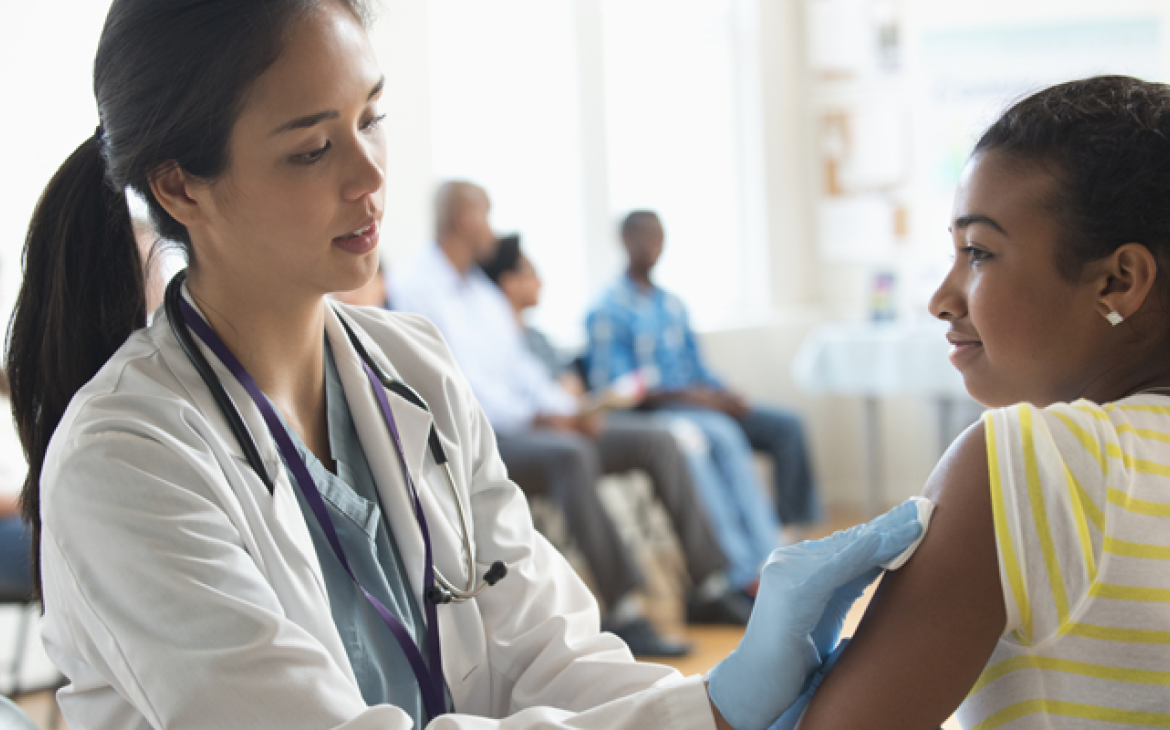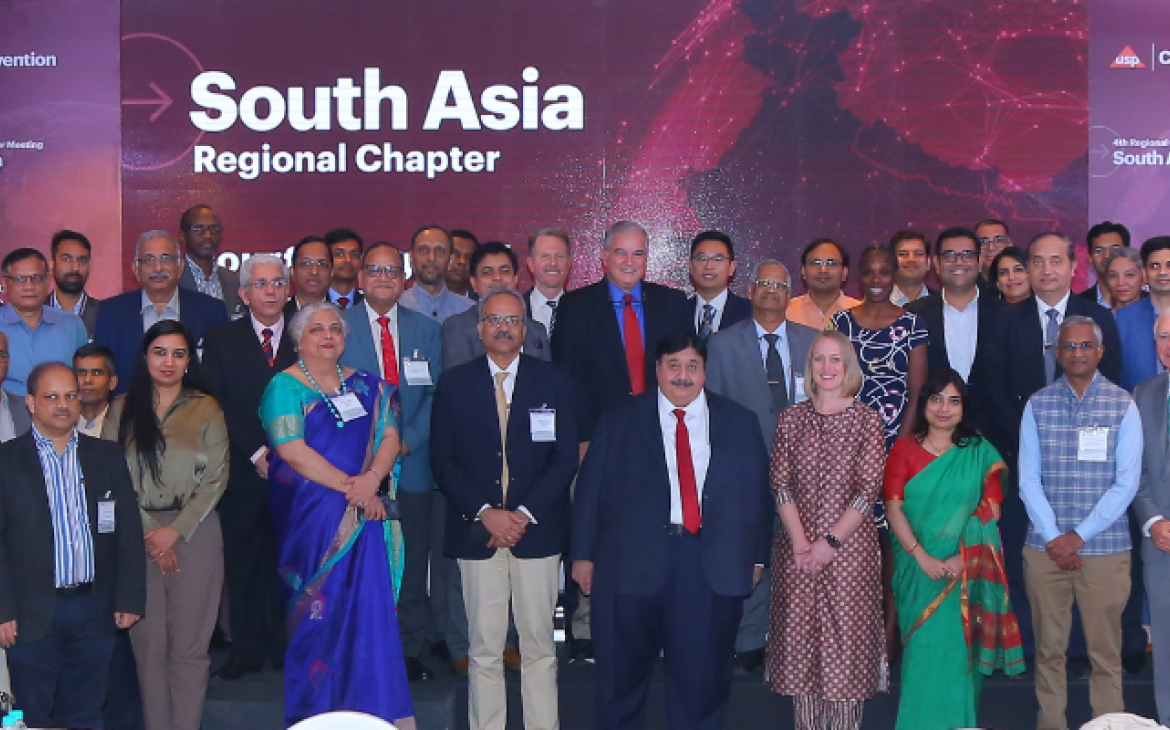
A paper published this week in the Annals of Internal Medicine suggests that biosimilars are as safe and effective as their originator counterparts.
Biosimilars are more affordable versions of biologics—medicines made from living organisms—that are the preferred therapies for many chronic conditions such as rheumatoid arthritis, psoriasis and cancer.
While biologics have transformed the quality of life for patients afflicted with these conditions, many of these drugs are among the most costly therapies available today.
Within a wide range of political, economic and healthcare circles, the skyrocketing cost of drugs has been a major concern. Many are wrestling with how best to provide patients with the drugs they need while still ensuring that effective, innovative treatments are being developed.
As more biosimilar products are approved and enter the market, the hope is that increased competition will help drive down costs and provide greater patient access to these life-saving drugs.
Yet cost is only one factor influencing the kind of traction biosimilars will have in the U.S. Physician and patient confidence that biosimilars will work as well as the originator products they reference will also play a significant role.
Biosimilars are not exact copies of the originator biologics they mimic in the way generics and their reference drugs are deemed to be identical. They are approved based on a determination of clinical similarity to the medicines they reference when it comes to safety and effectiveness.
In this week’s Annals of Internal Medicine paper, researchers from Johns Hopkins University and Brigham and Women’s Hospital reviewed 19 studies that compared specific biosimilars to their originator counterparts, focusing on their safety and efficacy. The study concluded that the biosimilars were interchangeable with the originator versions.
In an unprecedented move, pharmacy benefit manager CVS Health Corp. this week announced that in 2017 it would drop coverage of two biologics—Neupogen and Lantus—and replace them with more affordable biosimilar and follow-on versions in its formulary. Respectively, these drugs are used to prevent infections during chemotherapy and as a treatment for diabetes, and both are among the top-selling biologics in the U.S.
Both of this week’s announcements support arguments that biosimilars are as good as the biologic drugs they reference, boosting public confidence in this growing class of medicines.
Assurances of safety and effectiveness play an important role in instilling confidence among healthcare providers in any new class of medicines. Those assurances include knowing that mandatory public standards for quality and naming have been adhered to in the manufacture of medicines.
In a letter released earlier this week by nine healthcare organizations, pharmacists, manufacturers, payers and other stakeholders expressed their concerns to Congress about proposed legislation exempting biologics—including biosimilars—from having to comply with public standards for quality and naming.
All prescription drugs are required to meet quality expectations established by the U.S. Pharmacopeia (USP). According to the signing organizations, pharmacists and other practitioners rely on USP to set a single standard for quality, safety and purity of medicines and that those standards serve as the primary means for identifying the single non-proprietary (non-brand) names of medicines. Divergence from this practice in the U.S. could jeopardize the supply chain and make medicines less safe, and thus, weaken public confidence.
The era of biosimilars in the U.S. has just begun. If biosimilars are to have a chance at being more widely accepted and trusted by patients and physicians in this country, barriers to their adoption and use must not be allowed to move forward. To learn more about standards for biologics and biosimilars in the U.S., go to: www.usp.org/patient-safety-risk.


